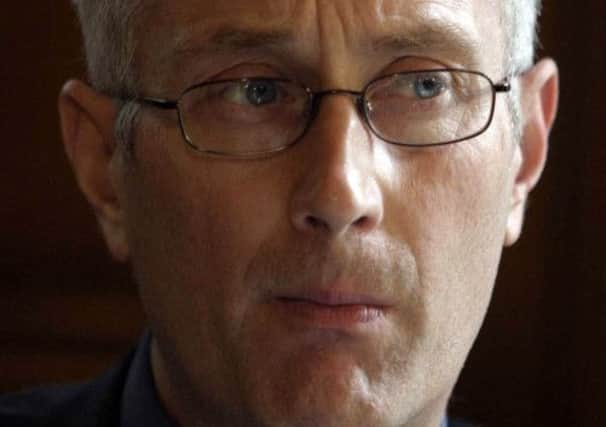Universities told to adapt or put future in peril


Even elite red brick institutions could find themselves at risk, according to Sir Michael Barber, a former adviser to Tony Blair.
Global online courses, technology, rising student expectations and new private companies are changing the landscape of higher education around the world, he argues in a new report published by the IPPR think tank.
Advertisement
Hide AdAdvertisement
Hide AdAnd universities that fail to find their niche, and are complacent about their position could find they are left behind.
The study, An Avalanche Is Coming, suggests the next 50 years could be a “golden age” for higher education but could also mean intense pressure on universities, driven by globalization, technology, rising student expectations, and competition for funding.
“For universities, governments and students that seize the opportunity it could be a golden age ahead, but the big risks are timidity and risk aversion; it’s definitely a time for bold thinking,” Sir Michael said.
The report warns that large universities which try to combine large scale teaching and research will face increasing competition from new types of education provider.
Advertisement
Hide AdAdvertisement
Hide AdUniversities will have to choose between five models for the future, the elite university; the mass university; the niche university; the local university or as a lifelong learning mechanism for mature students.
“The traditional multipurpose university with a combination of a range of degrees and a modestly effective research programme has had its day,” it argues.
Sir Michael, who is now chief education adviser to Pearson, suggested those which are complacent, or fail to respond to the changes, could run into trouble.
“If you have a pretty ordinary university, that ticks over being OK, then I think that is threatened. There are serious threats to universities that are timid about this.”
Advertisement
Hide AdAdvertisement
Hide AdStudents and potential students no longer simply pick a degree, they look at future employability, and how they can keep on learning throughout their lifetime. The report asks whether a student who “picks and mixes” courses from a range of providers should receive funding on the same basis as a full-time student at a traditional university.
Other questions asked by the report include: “How can governments incentivise the connection between universities and cities that can stimulate innovation and economic development?”
It warns that institutions which try to be “multipurpose universities” with a combination of a wide range of degrees and a broad research programme are likely to face considerable challenges.
The report argues that the traditional university faces the threat of being “unbundled” as it competes with more specialised institutions, online learning systems, training providers and consultancies.
Advertisement
Hide AdAdvertisement
Hide AdSome will need to specialise in teaching alone – and move away from the traditional lecture model, it claims.
Dr Wendy Piatt, director general of the Russell Group of universities, which includes Sheffield and Leeds, said: “Our universities are world leaders in pioneering research which benefits the economy, creates technological breakthroughs and improves quality of life.
“They punch well above their weight and do more with less, outperforming most rivals relative to expenditure.
“But if the UK is to remain a global leader in higher education, with truly world-class institutions, then the Government must concentrate investment where it will have the most impact.”